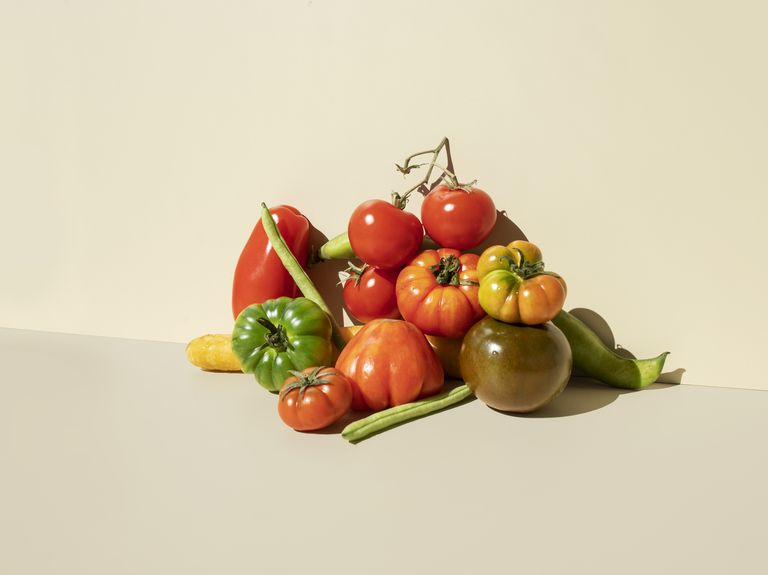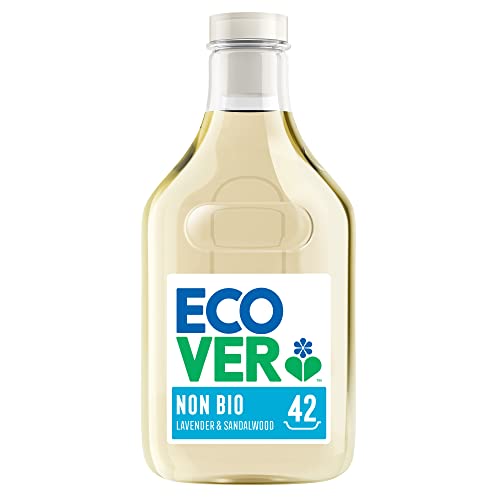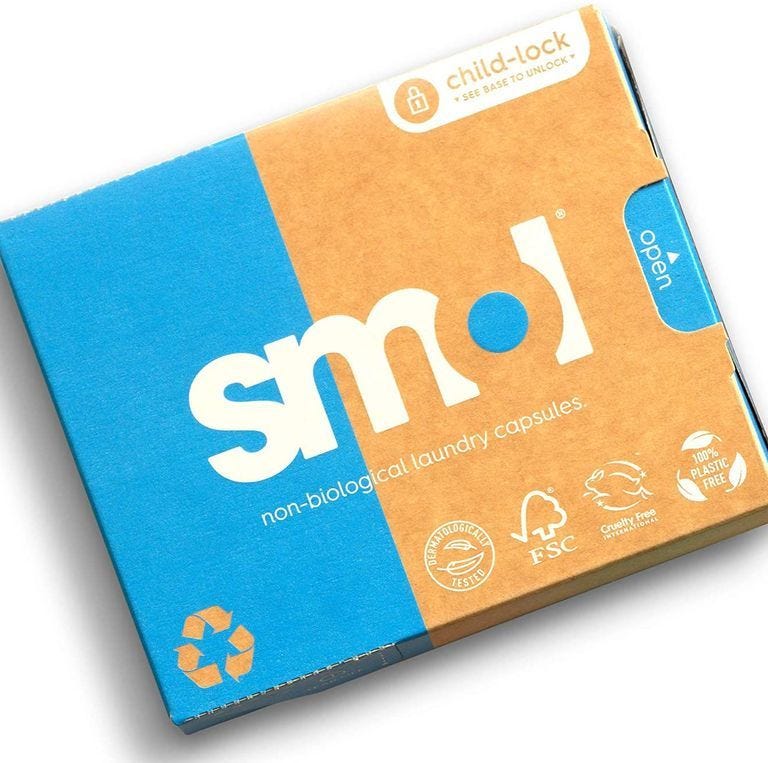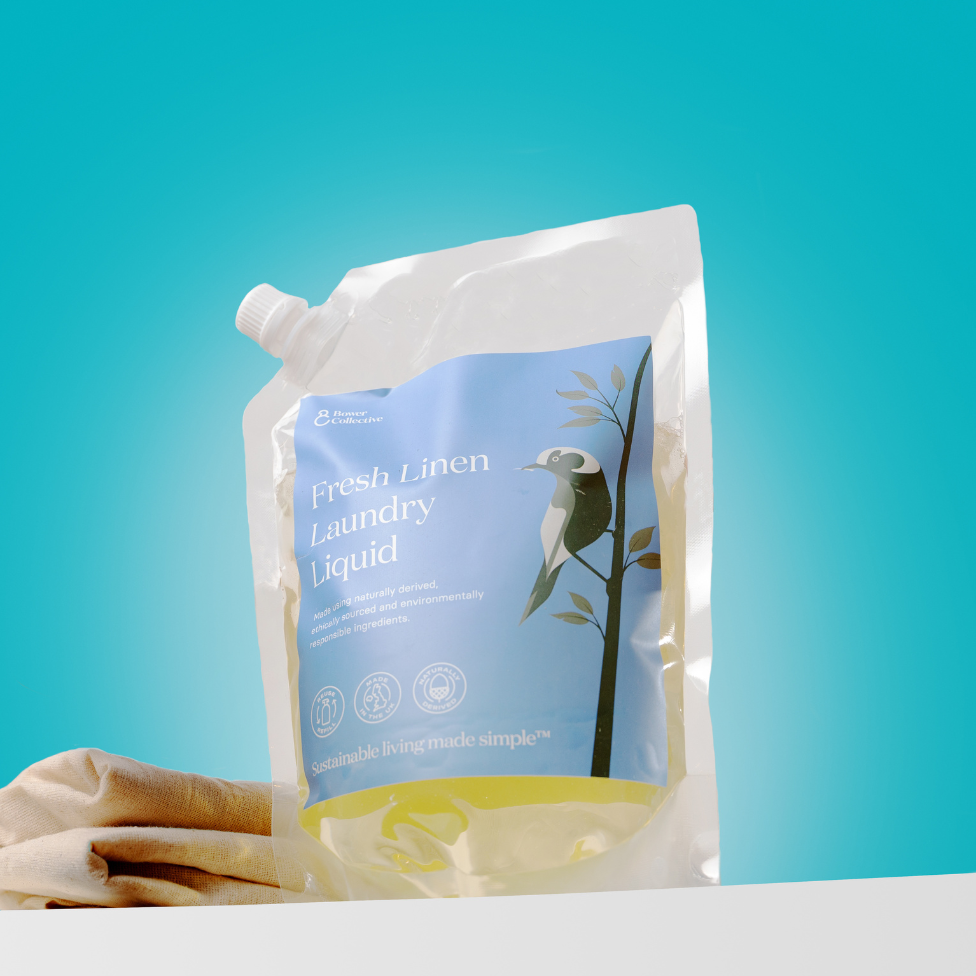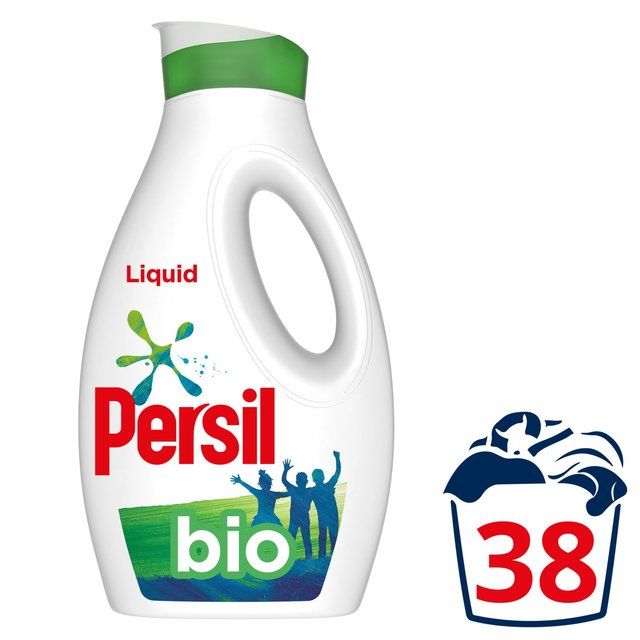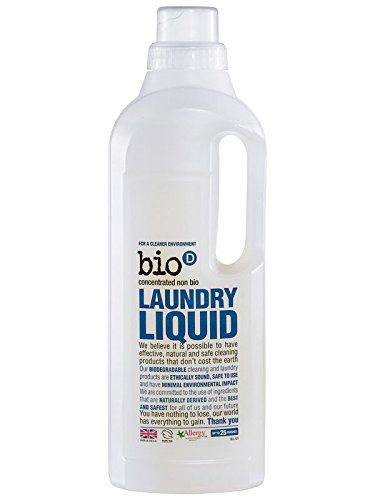Most of us are aware that we need to tuck into more plant-based foods, whether we're driven by concern about climate change, animal welfare or our own health.
What we eat is a deeply personal choice; it's something that can be shaped by a range of factors such as upbringing, culture and religion. But it's important to know the effect that the food we put on our plates has on the world around us. As the link between global livestock production and climate change becomes more apparent, scientists and campaigners broadly agree that we should limit the amount of meat we eat.
However, while a plant-based or plant-rich diet is almost certainly better for the environment in some respects, it isn't perfect. Avocados, for example, can clock up a hefty number of food miles on their way to our kitchens and production has been linked to deforestation. While almond milk produces fewer greenhouse gas emissions than cow's milk, almond farming uses up a lot of water and can be damaging to local bee populations.
Here's what you need to know about the sustainability issues surrounding certain plant-based foods if you're looking to shift to a diet that works for both you and the planet.
What is a plant-based diet?
As the name suggests, a plant-based diet focuses on foods which come from plant sources. These include fruit, vegetables, grains, pulses, legumes, nuts and meat substitutes such as soy products, but not dairy, honey, eggs, insects or fish. Plant-based foods are, by definition, vegan. However, switching to a plant-based diet is not the same as switching to a vegan lifestyle, which typically also seeks to exclude exploitation of — and cruelty to — animals for food or clothing.
There is also a distinction to be made between switching to an exclusively plant-based diet and moving towards a predominantly plant-based diet (by reducing your intake of meat and dairy), which is what environmental campaign groups such as WWF and Greenpeace recommend.
Flexitarianism — whereby a largely plant-based or vegetarian diet is supplemented occasionally with meat — has recently enjoyed huge growth in the UK. These dietary changes have created a booming new market which has been even traditional meat industry giants invest millions of pounds in ‘faux’ meat alternatives.
Are plant-based foods better for the environment?
The scientific evidence for shifting towards more plant-based diets on environmental grounds is compelling. A swathe of new research over the last two years – much based on the wider global picture – has laid bare the hefty impact that eating meat has upon the environment by fuelling climate change and polluting landscapes and waterways.
In the UK, the government’s independent advisors on climate change, the Climate Change Committee (CCC), recommends that we all consume 35% less meat and dairy by 2050 to reduce damaging methane emissions from livestock. The deforestation involved in growing the soy used in animal feed also contributes to soaring levels of carbon in the atmosphere.
Additionally, the second part of the National Food Strategy says that one of the most effective ways to reduce carbon emissions and free up land is to cut back on animal proteins. It recommends that meat consumption be cut by 30% by the end of the current decade, pointing out that 85% of the land used to feed humans is used for livestock farming, even though meat and dairy only account for one third of our calories.
Plant-based proteins such as soy (tofu, edamame beans and tempeh), lentils, chickpeas and quinoa, are responsible for on average 70 times fewer greenhouse gas emissions than an equivalent amount of beef, and use more than 150 times less land to grow.
If you want to keep some meat and dairy in your diet, it is worth choosing the best quality British products (to help cut carbon emissions from transportation and avoid food miles), produced using sustainable methods. Opt for organic, locally-sourced and grass-fed meat, which won’t have been reared intensively.
Are plant-based foods healthier?
When you’re doing the grocery shopping, it’s also worth bearing in mind that ‘plant-based’ does not automatically mean ‘healthy’, particularly when it comes to highly processed meat substitutes such as bangers and burgers which can contain high levels of saturated fats, sugar and salt. Processed plant-based products may also contain palm oil, which has been linked to large-scale deforestation.
“We should be looking to remove industrial foods from our diet, whether they are animal or plant-based” said Rob Percival, head of food and health policy at the Soil Association. “Chicken is a particular problem, as it’s the nation’s favourite meat, and 95% of birds are raised in intensive systems.
“The healthiest and most sustainable diets are those based around ‘less and better’ meat and ‘more and better’ plants. Highly processed plant-based products might be preferable to industrial poultry, but beans and pulses deliver much more for both human and planetary health.”
Is plant-based milk better for the environment?
The popularity of plant-based milks is booming, with almost half of Brits opting for a milk made from beans, nuts or seeds. Walk into any café and you'll notice that plant-based milks are more widely available than they used to be, but are they really more sustainable?
Almond milk is the most popular plant-based milk among Brits, according to Ipsos, but it has come under fire for its hefty environmental impact. The main issue is that almonds are a thirsty crop: it takes around 1.1 gallons (5 litres) of water to grow one almond, which puts pressure on water resources in California, where more than 80% of the global almond crop is grown and which is suffering from its worst drought on record.
Almond farming has also been linked to the decimation of the bee population. Bees in the US are drafted in every spring to cross-pollinate almond trees. But in 2019 a record number (over one-third) had died by the end of the season due to pesticide exposure, diseases from parasites and habitat loss.
While this makes the environmental benefits of plant-based milks far from clear-cut, they are generally still considered to have a lighter impact on the planet than dairy when it comes to greenhouse gas emissions and the use of water and land.
How can I eat more plant-based foods?
A number of new apps are springing up to help us eat more plant-based foods. Attracting attention is the Optimise Meat Tracker (Online Programme to Tackle Individuals Meat Intake through Self-regulation), a nine-week programme designed by the University of Oxford’s Livestock, Environment and People (LEAP) initiative which is based on an earlier weight loss app. Users record how much meat they ate the previous day and select a goal for the coming 24 hours from a list of options, such as “try a meat-free alternative”, “double the veg – halve the meat” or “make your lunch and dinner vegetarian”.
People wanting help when dining out could try Happy Cow a helpful and well-received guide to plant-based options. It recently topped The Vegan Society’s top ten best apps.
